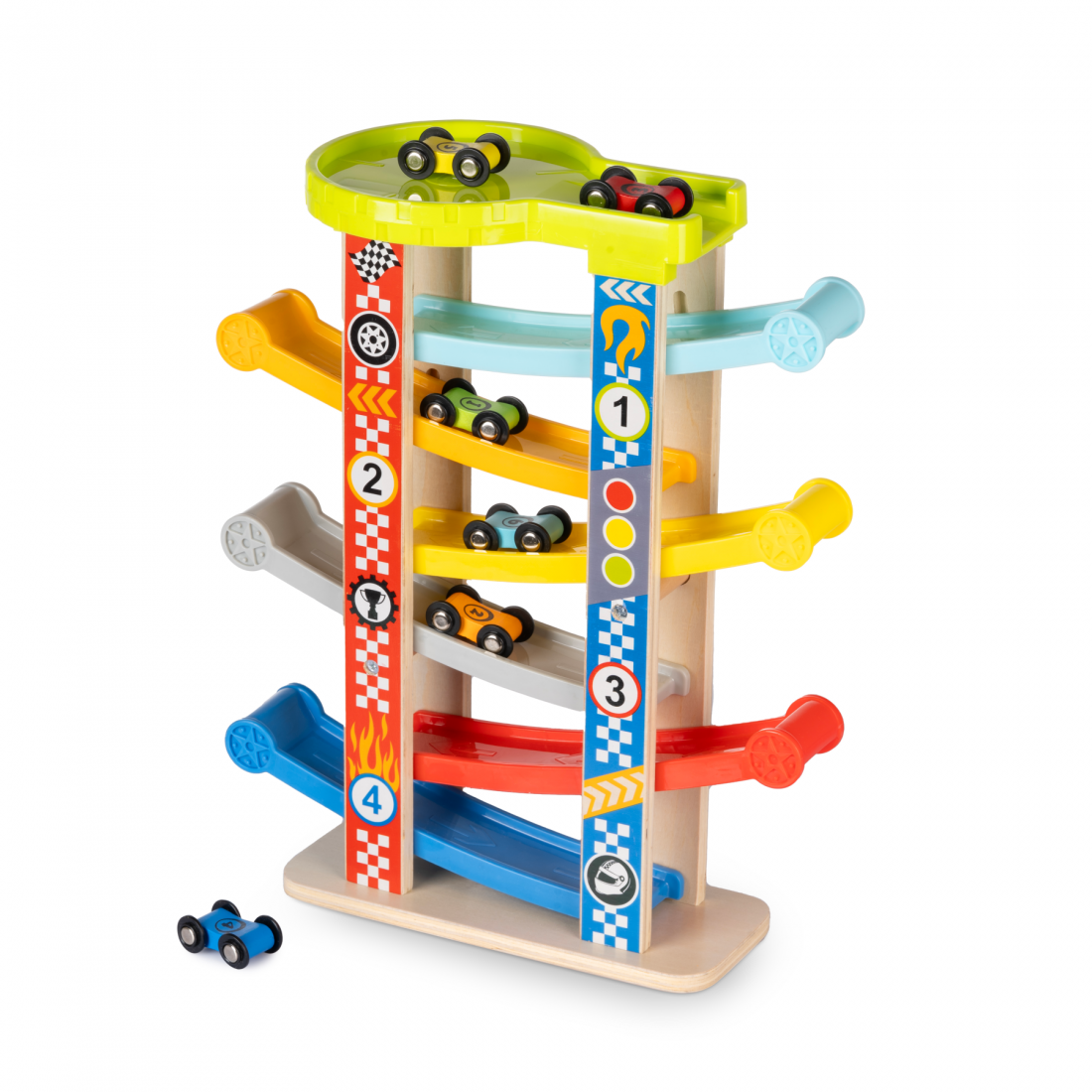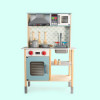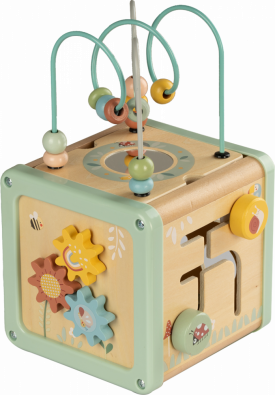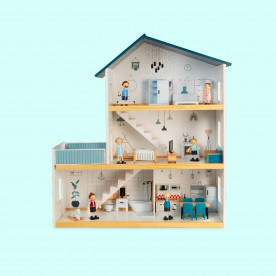Wooden toys have been cherished for generations, and they continue to be a popular choice for child development for several compelling reasons.
Sensory Stimulation: Wooden toys often have a natural texture and warmth that engages a child's senses, promoting tactile exploration and sensory development. The feel of wood can be soothing and inviting for young children.
Open-Ended Play: Wooden toys tend to be simple in design, allowing children to use their imagination and creativity in play. These toys don't have a predetermined function, encouraging children to invent their own scenarios and stories.
Fine Motor Skills: Wooden toys typically have a solid and sturdy feel, requiring children to manipulate and grasp them. This manipulation helps develop fine motor skills, hand-eye coordination, and dexterity.
Imagination and Creativity: As wooden toys don't come with built-in sounds, lights, or animations, children are encouraged to use their imagination to bring the toys to life. This kind of imaginative play nurtures creativity and cognitive development.
Durability: Wooden toys are known for their durability and longevity. They can withstand rough play and retain their integrity over time, making them great heirloom pieces that can be passed down through generations.
Environmental Friendliness: Wooden toys are often made from sustainably sourced materials and are biodegradable. Choosing wooden toys promotes eco-consciousness and helps reduce the environmental impact of the toys children interact with.
Cognitive Development: Wooden puzzles, blocks, and shape sorters contribute to cognitive development by enhancing problem-solving skills, spatial awareness, and logical thinking.
Language Development: Wooden toys can serve as conversation starters between children and caregivers. Playing with these toys can lead to discussions about shapes, colors, sizes, and more, supporting language development.
Less Overstimulation: In a world filled with electronic and noisy toys, wooden toys offer a quieter and more focused play experience. This can help children develop concentration and attention span.
Social Interaction: Wooden toys can be enjoyed individually or in group settings. When children engage with these toys together, they learn important social skills like sharing, cooperation, and communication.
Versatility: Wooden toys come in a wide variety of forms, from puzzles and building blocks to dolls and vehicles. This versatility allows parents and caregivers to choose toys that align with a child's interests and developmental stage.
Overall, wooden toys provide a holistic and well-rounded approach to child development. Their simplicity, durability, and focus on open-ended play make them an excellent choice for fostering various skills while encouraging a child's natural curiosity and creativity.







